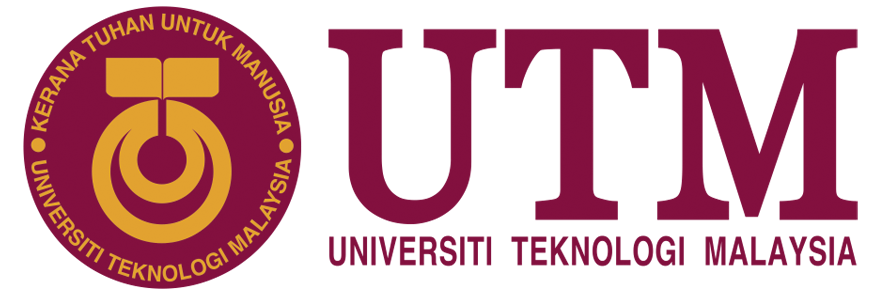Goals of Student Learning
I taught two subjects in each semester during the 2021/2022 session: (1) Science and Community (Co-Curriculum subject) in semester 1 (UKQF2082 Section 09) for various students from the Faculty of Science and other faculties, and (2) Bioorganic Chemistry (SSCG1103) in semester 2 for biology students (Industrial Biology) at the Department of Biosciences, Faculty of Science, UTM. UKQF2082 is a university core course that is required of all undergraduate students. The primary purpose of this course for undergraduate students is to improve their generics abilities in many domains. It is envisaged that the graduates would have expertise managing a community programme that will benefit society. In this subject, students were introduced to the process of creating an actual programme, from planning through execution to receiving feedback at the end of the event. They have their own committee, and each member fulfils their tasks and responsibilities in order to achieve the program’s aim. This course used experiential student learning, in which each student learnt via the experience of creating a community programme.
The major purpose of the Bioorganic Chemistry course is to grasp the fundamental concepts of organic chemistry and then utilise that knowledge to solve issues connected to the organic chemistry topic. The main aims for student learning in this topic are that students comprehend and use their biology knowledge to solve diverse problems. Aside from that, there are numerous additional goals that students must attain by the conclusion of the course, particularly their generic abilities, which include communication skills across various media. These objectives are accomplished through a variety of T&L activities and assessment techniques, including lectures, quizzes, tutorials, active learning, cooperative learning, assignments, and so on. The assignments are developed so that students can enhance their general abilities. For the Bioorganic Chemistry topic, assessments such as quizzes, tutorials, and tests may help students comprehend the fundamental concepts of organic chemistry, while two projects helped them enhance their thinking and communication abilities. These T&L activities were also supported by Elearning and a Facebook group in order to improve contact between lecturers and students and promote T&L productivity. These planned exercises also motivate and encourage students’ high learning expectations.
